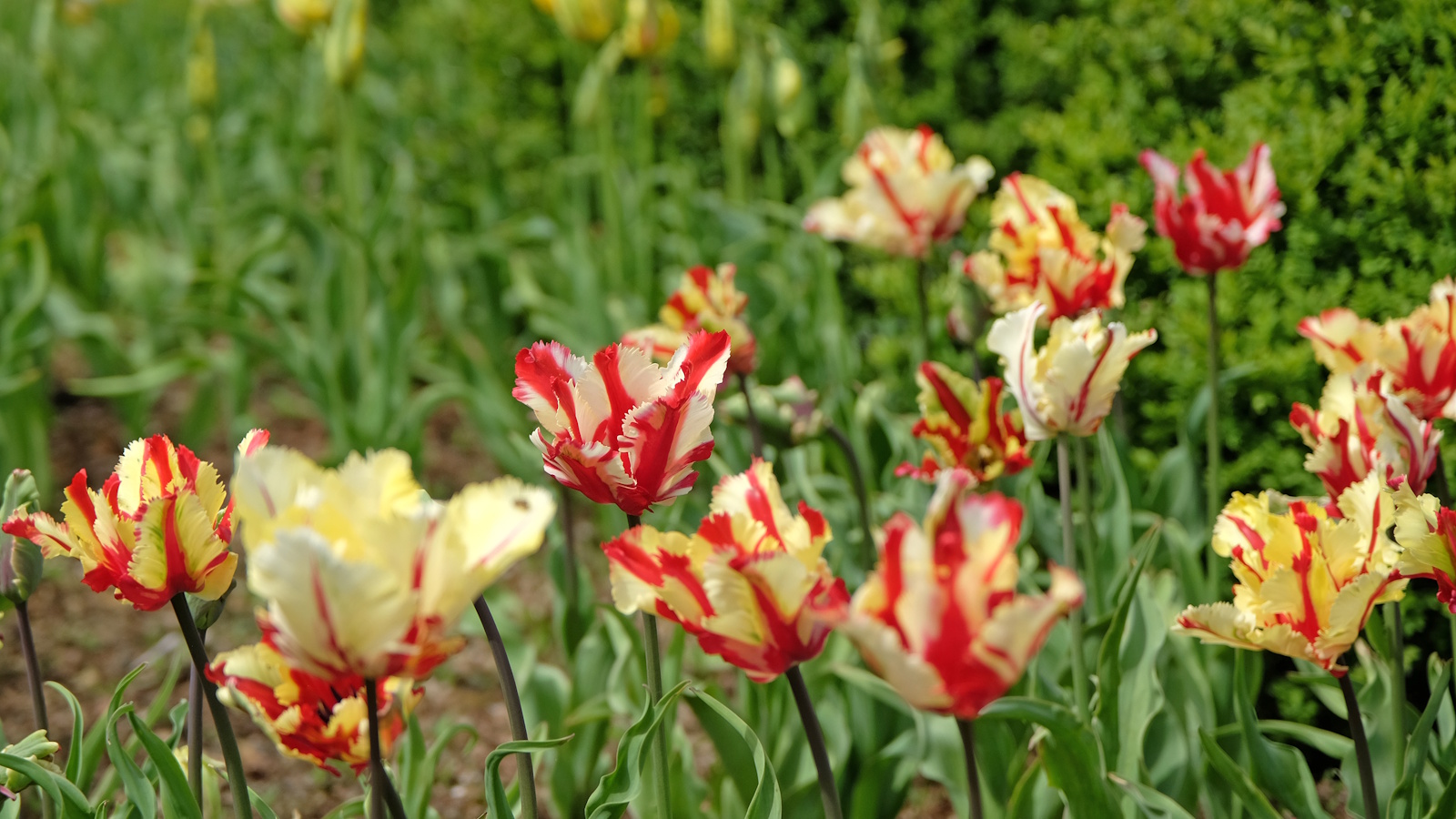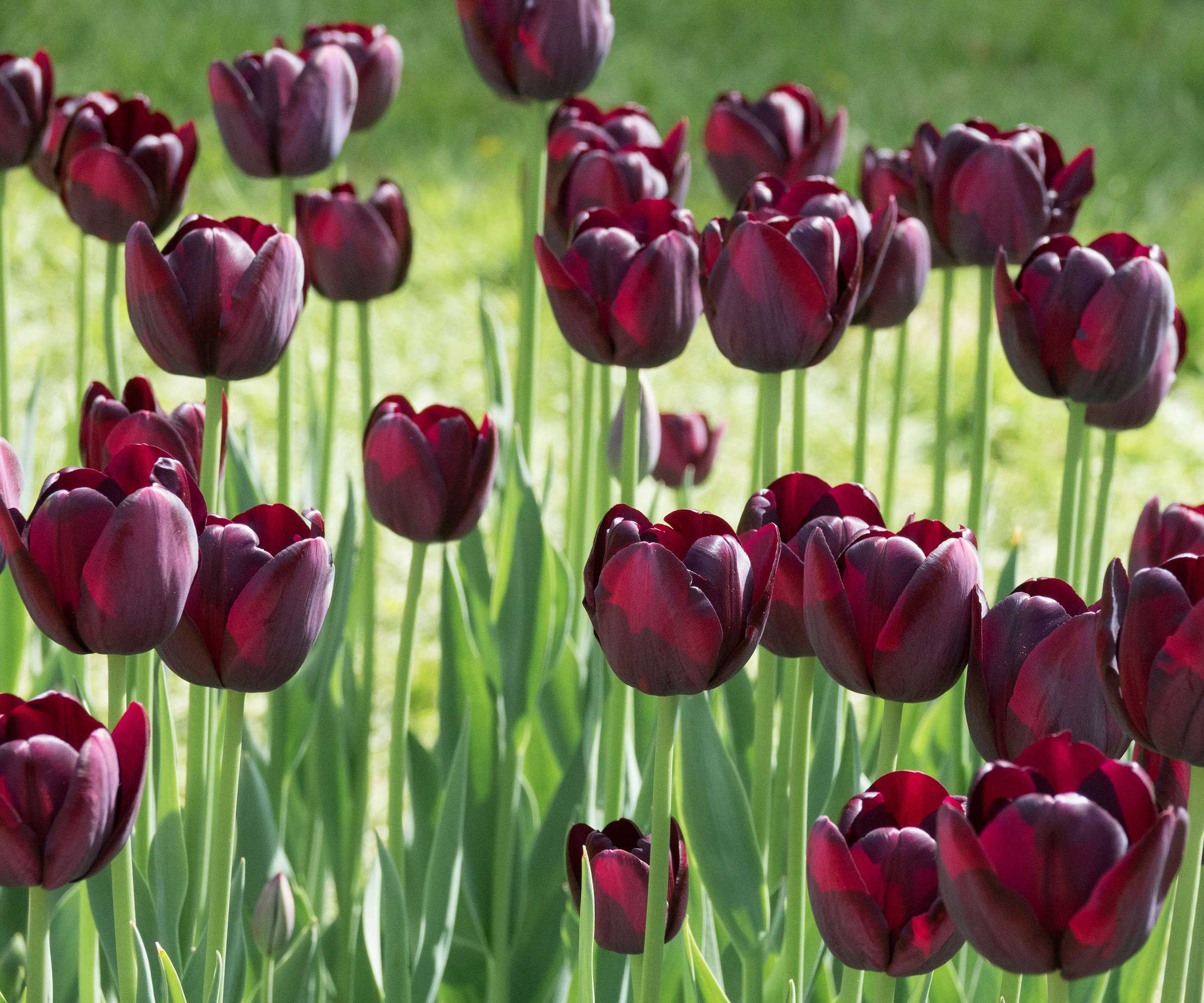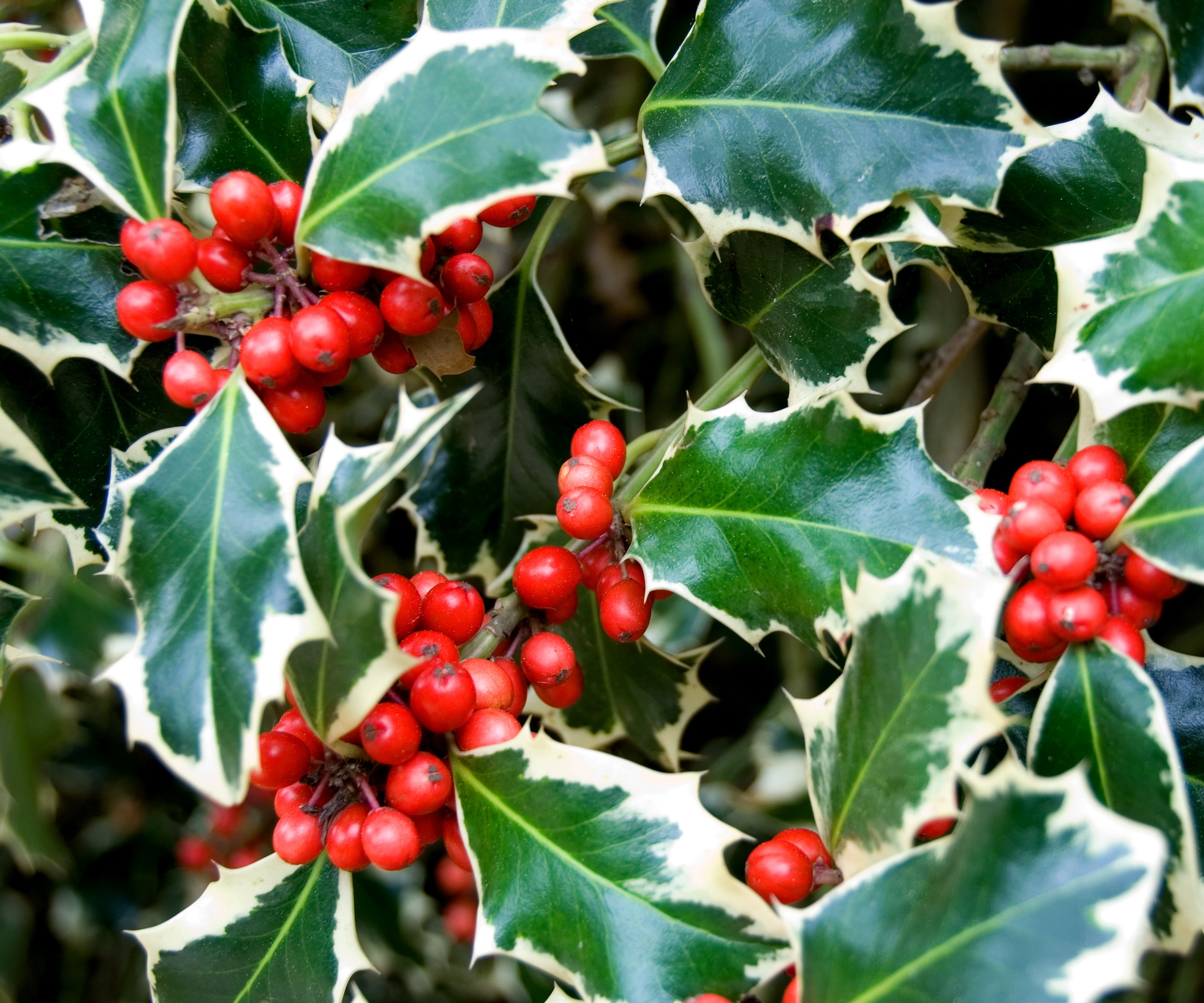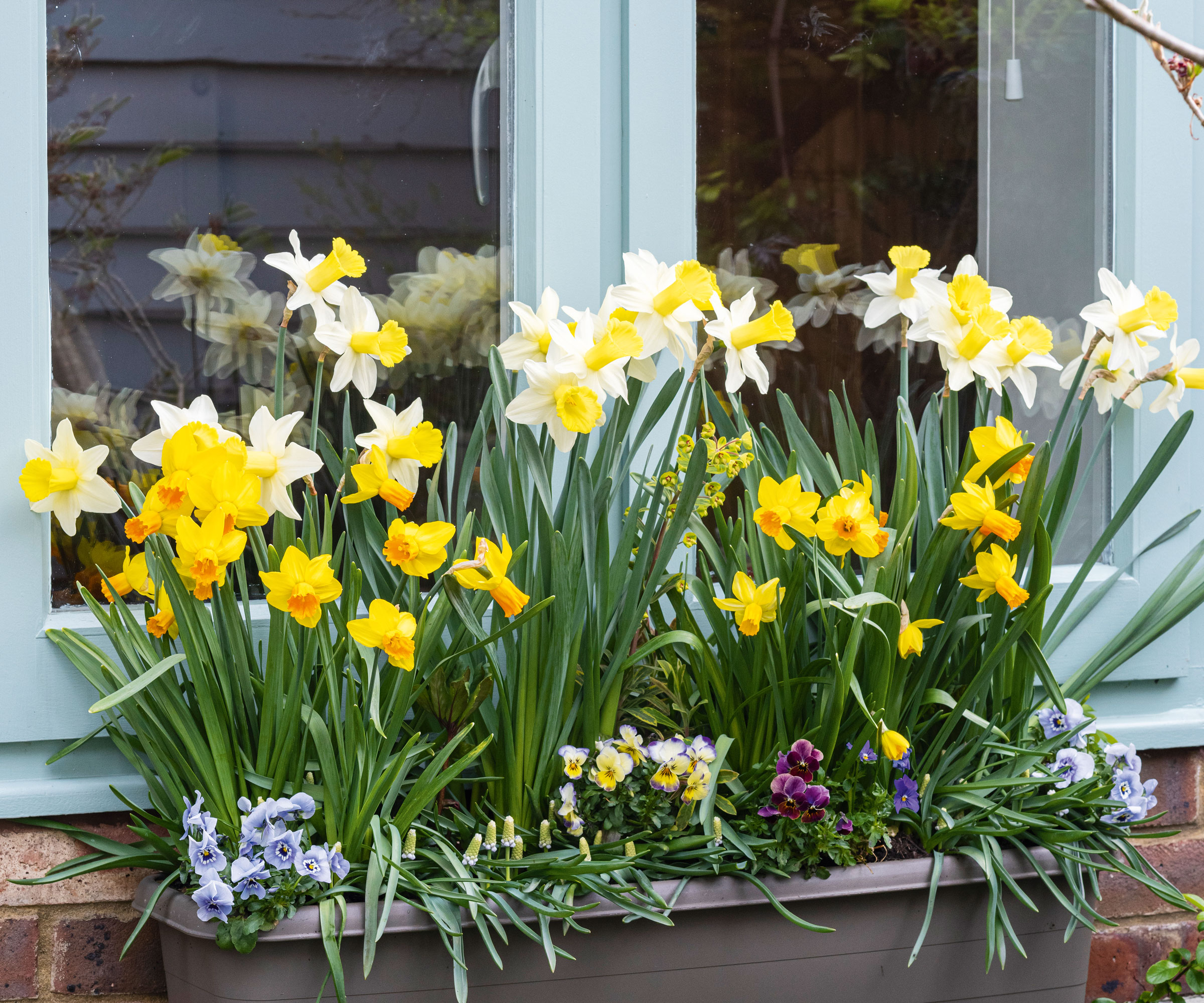
Planting bulbs is one of the most satisfying annual gardening jobs, but it can quickly become frustrating when garden pests dig them up before they have even had a chance to grow. Fortunately, there is a simple, sustainable and completely free solution to protect bulbs: using thorny plant cuttings to create a natural barrier.
As a former professional gardener, I have had my fair share of bulb-related mishaps. From porcupines ransacking a tulip meadow in Italy to hungry mice decimating thousands of bulbs in a single weekend in the Welsh countryside. Believe me, I know how essential it is to find reliable and effective deterrents.
Through years of trial and error, I have found that layering holly and rose clippings atop bulb planters works remarkably well. What's more, this method is sustainable, chemical-free and costs nothing. So, if you are looking for natural ways to protect bulbs, this simple approach is tried and tested and will help you to avoid any bulb planting mistakes.

Natural ways to protect bulbs
Wherever you live and whatever your US hardiness zone, chances are you might be growing some spring bulbs. Many bulbs, including tulips and croci, are a tasty and high-energy snack for squirrels and garden rodents.
While you cannot begrudge opportunist pests seeking food in the winter months, it can be slightly frustrating when you have spent money and time planting tulip bulbs only for them to be destroyed. So, protecting bulbs is important, and there is one natural method that has worked well for me over the last few years.
Using thorny foliage to protect bulbs

If you want to stop squirrels from digging up bulbs, I have found that using spiky or thorny cuttings helps to deter them. In several previous gardening roles, I have relied on holly stems to protect bulb planters and found them to work well. As you might know, holly leaves are remarkably strong and spiky and seem to deter pests from digging through pots as they search for food. You could also use shrub rose stems or climbing roses, many of which will also have thorns.
So, to create a natural barrier with spiky foliage, simply collect pruned branches and stems from around your garden or in a local woodland. When collecting stems, be sure to wear protective clothing to keep the spikes from scratching your hands and arms. Try these long gardening gloves, available from Walmart.
Next, all you need to do is to strip the bottom third of the stem. This is easily done either by hand or using clean, sharp snips, like these Felco pruners available from Amazon. Then, carefully insert several stems around the perimeter of the pot, which will form a dense, spiky barrier, making it uncomfortable for pests to access or dig up any bulbs. When done well, pests will ignore your pots and seek out easier food sources that are less painful to reach.
For alternative plant options, you could also try pyracantha or hawthorn, both of which have spike stems and should do the same job as holly or rose clippings. The good thing about this approach is that it is low-cost, low-effort and sustainable, as you can remove and compost the spiky stems in the spring. Just be sure to use enough stems to fully protect your bulbs, and remember to remove the clippings as soon as the stems are a few inches tall in spring.
These chicken wire cloches are ideal for protecting pots from pests. Simply place these cages atop bulb planter and secure them using heavy weights or pegs.
Alternative natural ways to protect bulbs

Beyond holly, rose or hawthorn cuttings, there are other natural ways to protect bulbs. Many gardeners insist on using a one-inch layer of grit or gravel layer at the top of bulb containers, which makes digging difficult for pests. One option is to mulch with crushed oyster shells, available from Amazon. Using a thick layer of this will help to deter pests, although it can make the soil more alkaline, so I would avoid using it for lily bulbs, many of which prefer ericaceous soil.
Homemade repellents can also be useful for deterring pests. I have found that dusting the bulbs in cayenne pepper or garlic powder can also help to mask the true scent of the bulb and keep pests away.
FAQs
What bulbs naturally deter pests?
Tulips and croci are some of the most appealing bulbs for squirrels and mice, but several other bulbs are unappealing due to their taste and scent. If you suffer from pest attacks, I would recommend planting daffodils, which contain toxic alkaloids that deter rodents and deer, or alliums, which have an onion-like scent known to repel mice.
As winter goes on and food becomes scarce, squirrels, rats and mice can become more determined as they struggle through the cold months, so investing in bulb protection is important. For more information, see our guide on how to stop foxes digging up bulbs.







